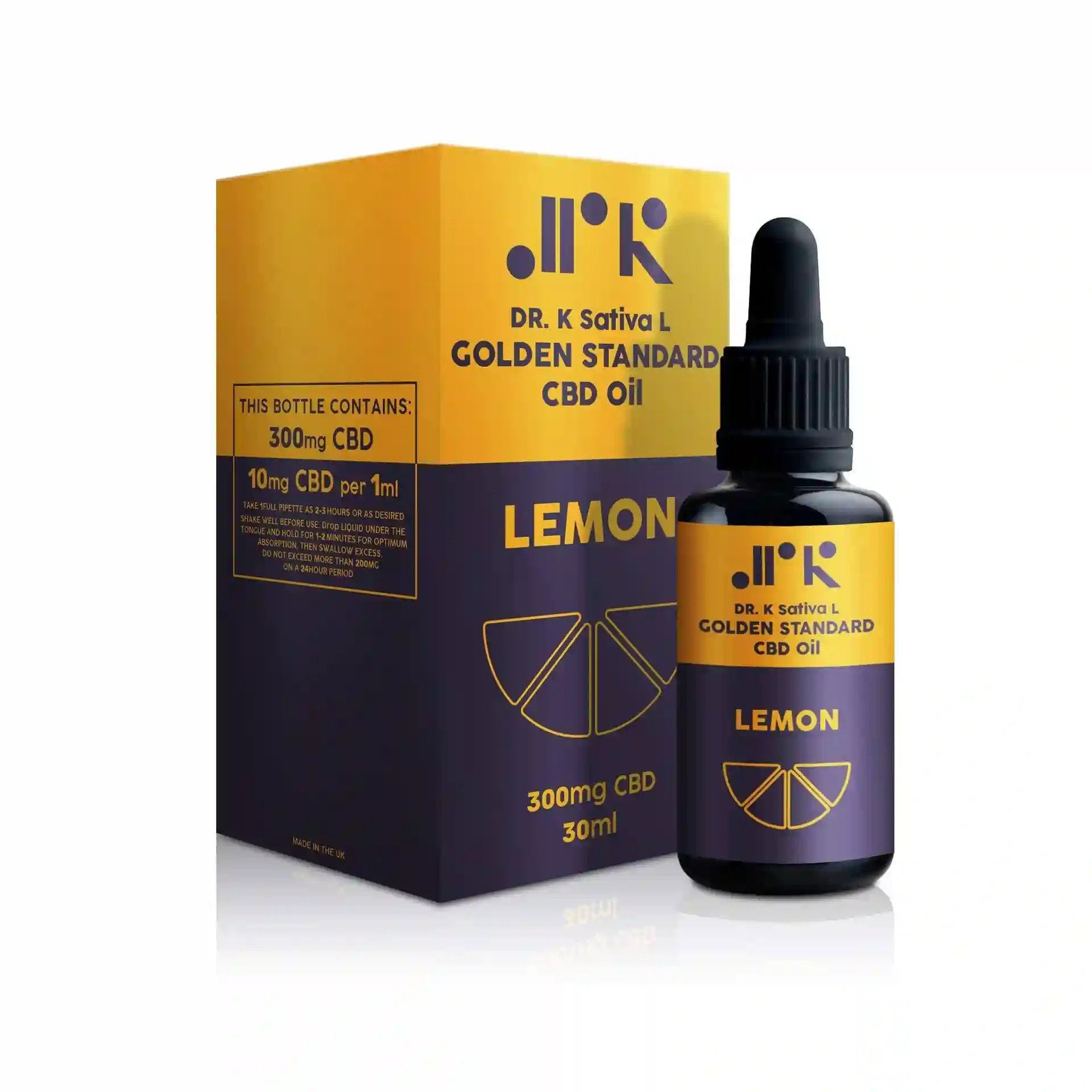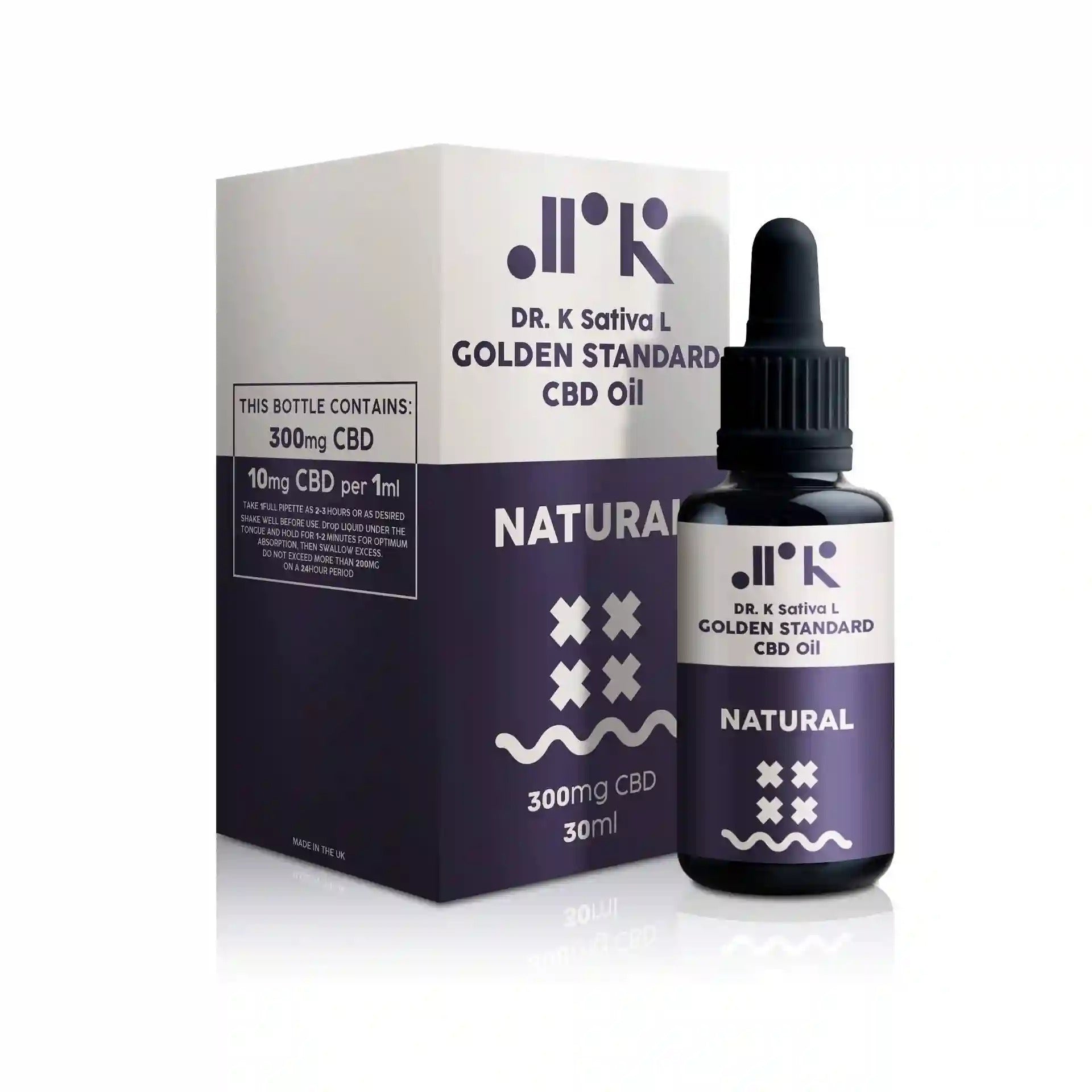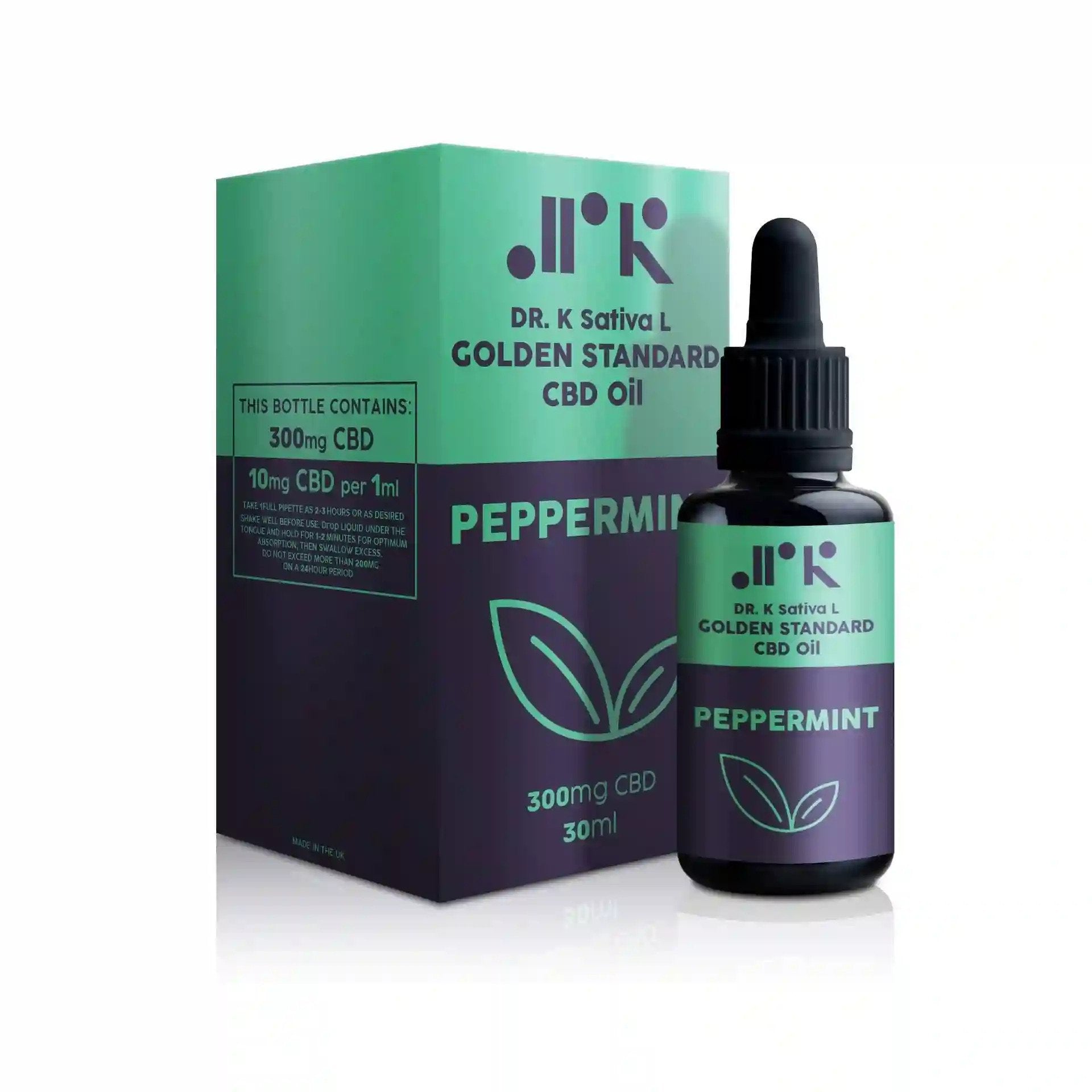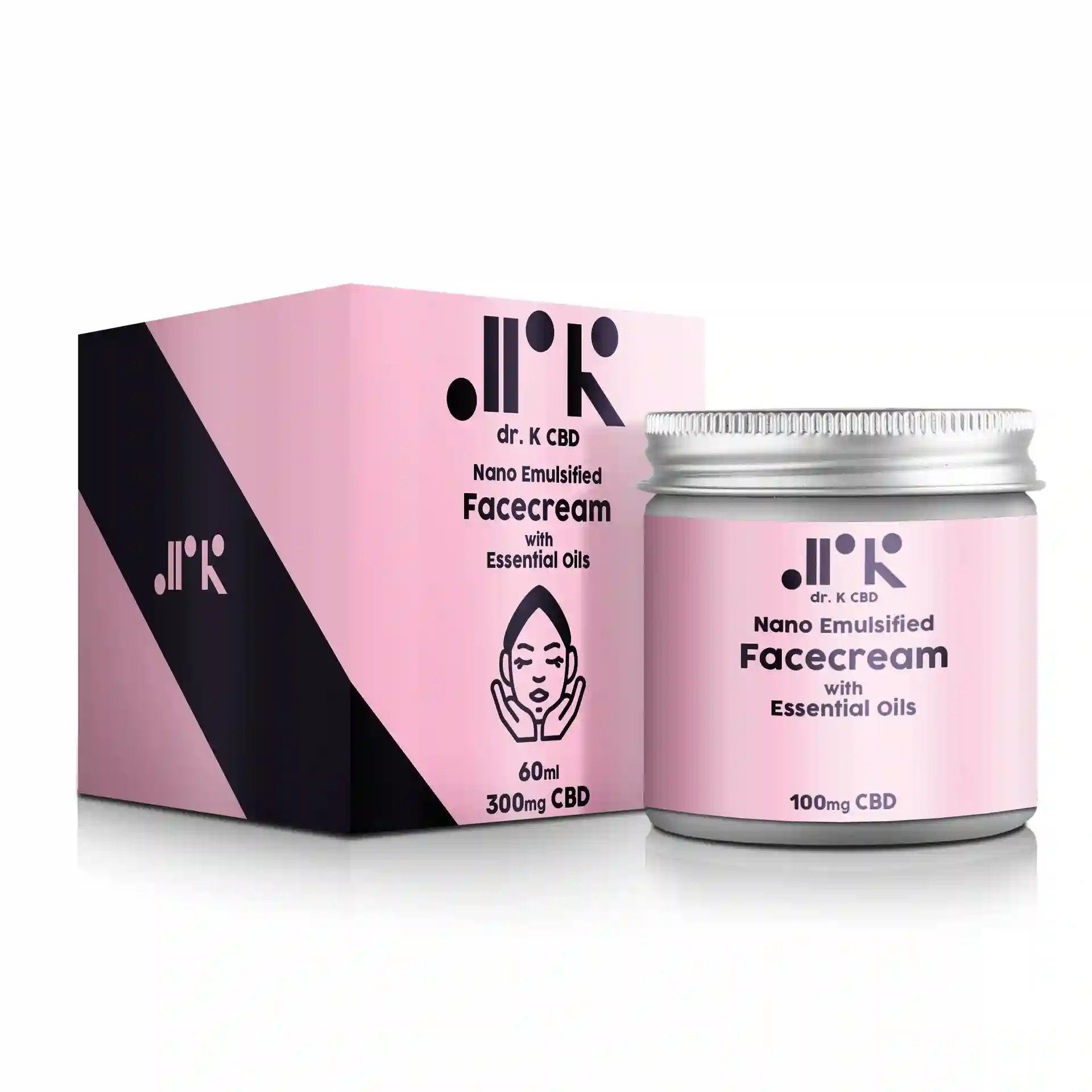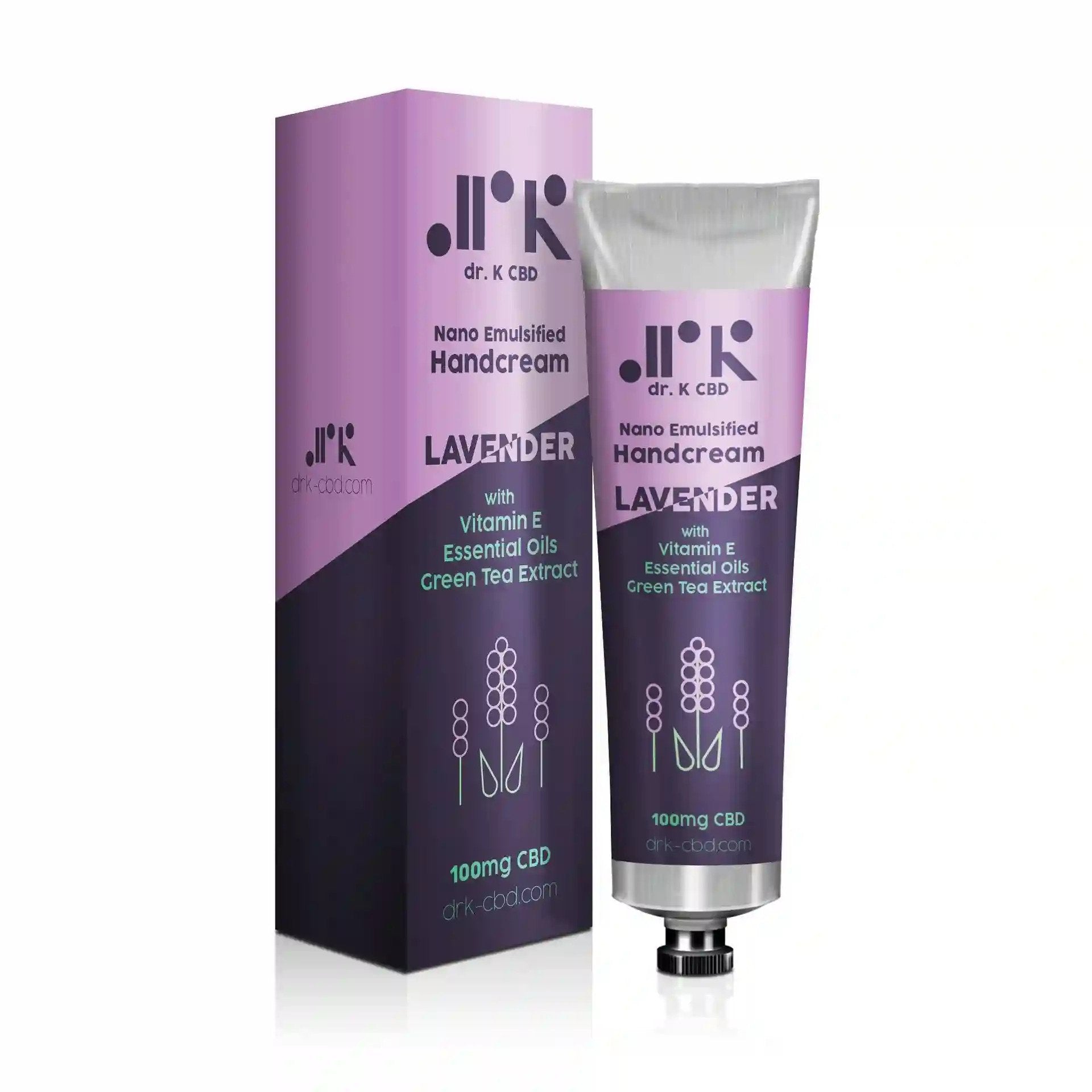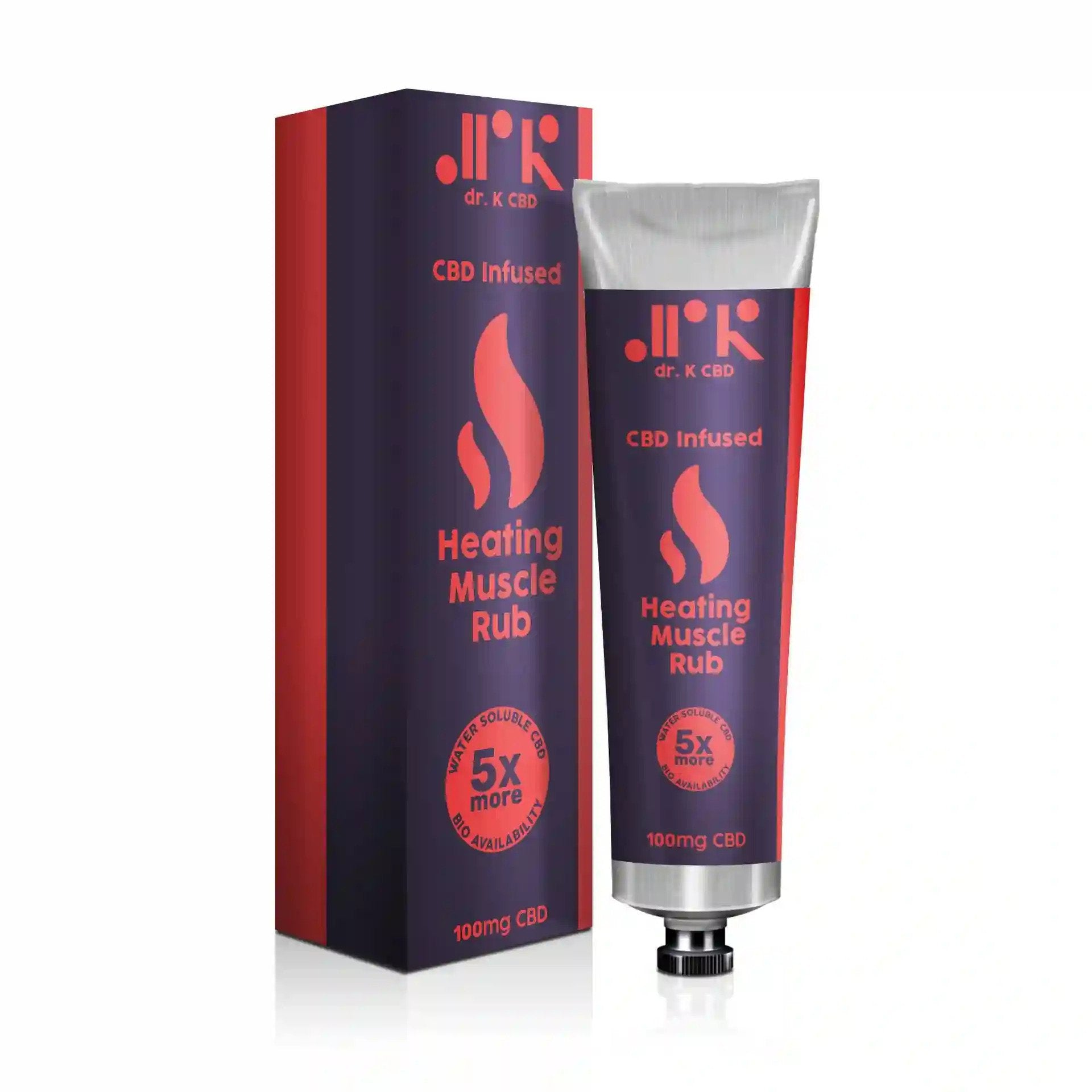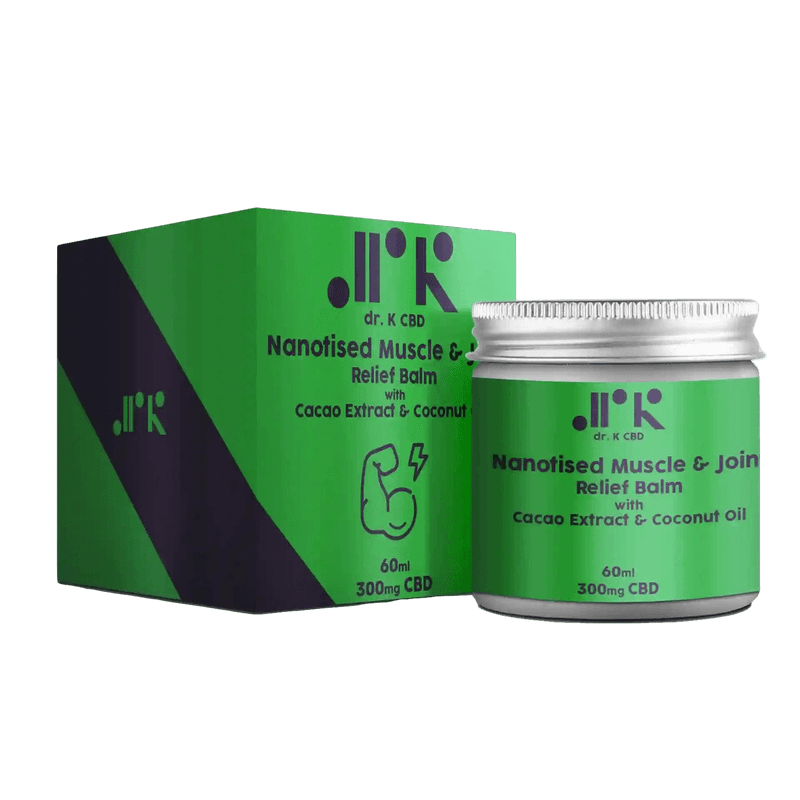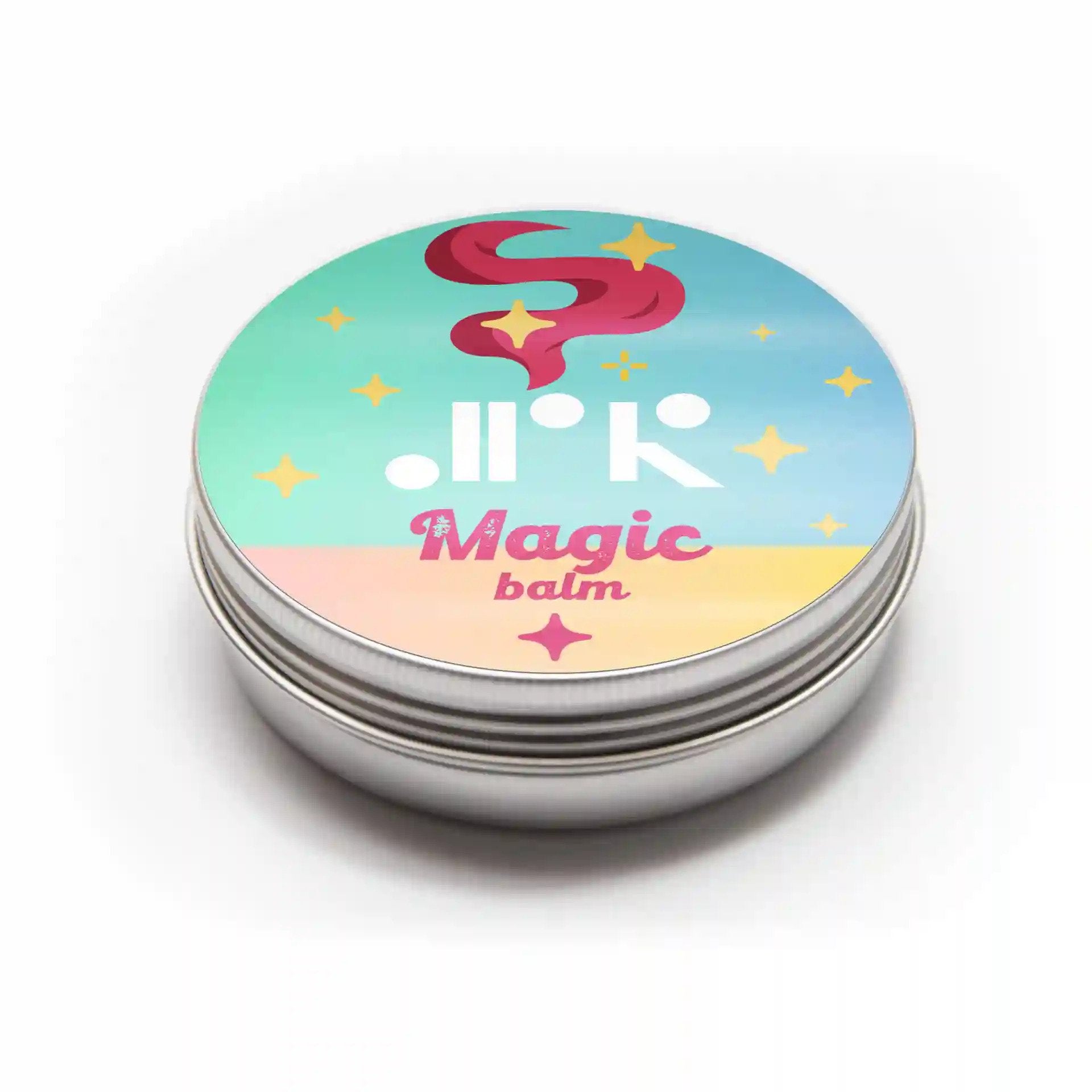
Menopause & The New Version Of You, What Will Your Transformation Be Like?

What Is The Menopause?
Menopause, or ‘the climacteric’ is a transition that all women will go through at some point in their lives. During the time leading up to the point when periods completely stop, women may experience a multitude of physical and psychological symptoms; this period is known as the perimenopause. In this blog we will discuss the main symptoms, why you feel the way you do, and hopefully provide some strategies to help you adjust to the new you.
Why does it happen? Every month your ovaries release an egg, which produces the reproductive hormones oestrogen and progesterone. During the perimenopause, the number of eggs released becomes fewer, and the falling hormone levels themselves have dramatic effects on many systems in your body. A cascade reaction of a hormone from higher centers in the brain is also thought to be caused by them, contributing to one of the most troubling symptoms: hot flushes.
What Are The Main Symptoms?
Its Getting Hot in Here….. Hot flushes affect 85 % of women, can be as often as every half an hour. Can be accompanied by chills, fluttering of the heartbeat and profuse sweating, particularly at night. For the majority of women, the flushes gradually get better and are gone within 4-5 years. A quarter of women may have symptoms for more than 5 years. Can CBD Relieve Hot Flushes ? A study published at the 2020 Meeting of the North American Menopause Society showed that 1 in 4 women were using CBD to ease symptoms of Menopause.
Oestrogen therapy in the form of a tablet, ring or pessary inserted into the vagina can considerably improve symptoms of vaginal dryness, itching and problems with passing urine, and because the hormone is not widely absorbed into the bloodstream, is associated with significantly lower risks than conventional HRT. Vaginal Dryness Lack of oestrogen causes vaginal dryness that can make intercourse painful. It also causes muscle in the wall of your bladder to become less stretchy. Which can cause a constant urge to pass urine that can also be uncomfortable.
Using estrogen therapy in the form of a tablet, ring, or vaginal pessary insertion can significantly improve symptoms of vaginal dryness, itching, and problems with passing urine. This therapy is associated with significantly lower risks than conventional HRT because the hormone is not widely absorbed into the bloodstream. We will revisit HRT a bit later. Non hormonal vaginal lubricants are also available without prescription from your local pharmacy and can improve symptoms of vaginal dryness.
Could CBD Also Help?
A recent study has shown that cannabis can significantly improve symptoms of vaginal itching, burning and pain during intercourse (2) Getting Back Your Mojo…. Many women experience reduced libido during the perimenopause. Studies have shown that higher concentrations of naturally occurring cannabinoids are associated with increased female sexual arousal, hence CBD could improve libido in menopausal women. Counting Sheep…. Insomnia is common during this time, partly due to the physical symptoms but also due to the psychological effect that hormonal fluctuations can have. An article published in the Neurotherapeutics journal noted that CBD might have anti-inflammatory, anti-anxiety, and sleep-promoting effects (3). Therefore, it is entirely possible that CBD could give you a better night’s sleep and relieve joint pains, another common symptom during menopause
But What About The Way I Feel?
The perimenopause can be a testing time, many women report feeling ‘not themselves anymore’. The physical symptoms can contribute to insomnia and disrupted sleep patterns which in turn can lead to fatigue, poor concentration, irritibility and memory problems and culminate in clinical depression.
A review from Frontiers of Immunology suggests that cannabidiol (CBD) could help protect nerve cells which could stabilise mood. (4) CBD could possibly just take the edge off at this difficult time. The physical and mental changes that your body goes through during perimenopause can seem overwhelming. Everyday tasks, and roles which were once fulfilled without a second thought can now seem daunting. It is important to remember that the situation is temporary. Many women will emerge from the experience well adjusted and with a new zest for life.
How Do I ‘System Reboot?’
CBD is just one of many ways to kickstart the process….. Changing Your Lifestyle Regular aerobic exercise such as running, brisk walking or swimming can improve some of the symptoms of menopause. Avoiding or reducing intake of alcohol and caffeine may reduce hot flushes. Your GP Can Help…… Communicating with your GP is an important part of managing menopausal symptoms. They can advise you about a range of different prescription medications which may improve the situation, as well as screen for other medical conditions such as osteoporosis and heart disease which become a greater concern after the menopause.
Average Age
The average age of a woman going through menopause in the UK is 51 years, although it can occur from 40 -58 years of age. In most cases blood tests are not needed to confirm the menopause. But your GP can arrange one if you are in the younger age bracket and the diagnosis is not clear cut. HRT HRT is hormone replacement therapy, it aims to replace oestrogen that is lacking in postmenopausal women and hopefully reverse some of the effects that lack of oestrogen causes. It can be taken in the form of tablets, patches, or gels. It must always be prescribed by a doctor who will need to discuss the risks associated with taking it.
The most important ones are, an increased risk of breast cancer, increased risk of blood clots or DVT and in some women, an increased risk of stroke. I don’t want to take hormones……. In women who want to avoid hormonal treatment, there are other options available. Medications such as Clonidine, Gabapentin and Pregabalin have been shown to reduce hot flushes and in the case of the latter two may also help with joint pains.
Antidepressants such as Paroxetine and Venlafaxine can also improve hot flushes and improve quality of life in about 20-50% of cases
Are There Any Other Options Than Prescribed Medication?
Various complementary therapies are available on the market to address menopausal symptoms in women. One such therapy involves using oil of evening primrose to treat breast tenderness.There is some evidence that isoflavones or black cohosh may relieve hot flushes. However, regulatory authorities do not subject these preparations to the same testing and regulation as prescription medications. Which results in variations in ingredients, effectiveness, and safety profiles among different brands.They can also interact with other medications. Psychological support in the form of Cognitive Behavioural Therapy can improve anxiety and low mood associated with the menopause. Consult your GP for further information about this.For more information on CBD, how it works. Its potential benefits please visit : https://www.drk-cbd.co.uk and access the Knowledge Centre. For further information on the menopause visit https://www.nhs.uk/conditions/menopause
References
Regulation of gonadotrophin-releasing hormone secretion by cannabinoids. Endocrinology 2005 Oct;146(10):4491-9. doi: 10.1210/en.2004-1672. Epub 2005 Jul 14.
Cannabis and Vulvodynia Symptoms : A Preliminary Report. Cannabis, Volume 3(2) 139-147
Blessing, E. M., Steenkamp, M. M., Manzanares, J., & Marmar, C. R. (2015). Cannabidiol as a Potential Treatment for Anxiety Disorders. Neurotherapeutics : the journal of the American Society for Experimental NeuroTherapeutics, 12(4), 825–836
Crippa, J. A., Guimarães, F. S., Campos, A. C., & Zuardi, A. W. (2018). Translational Investigation of the Therapeutic Potential of Cannabidiol (CBD): Toward a New Age. Frontiers in immunology, 9, 2009.


